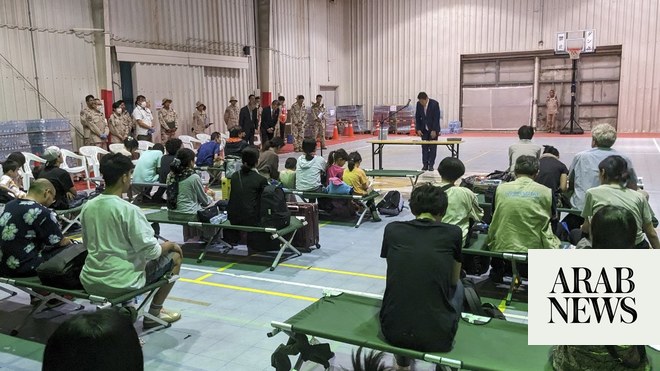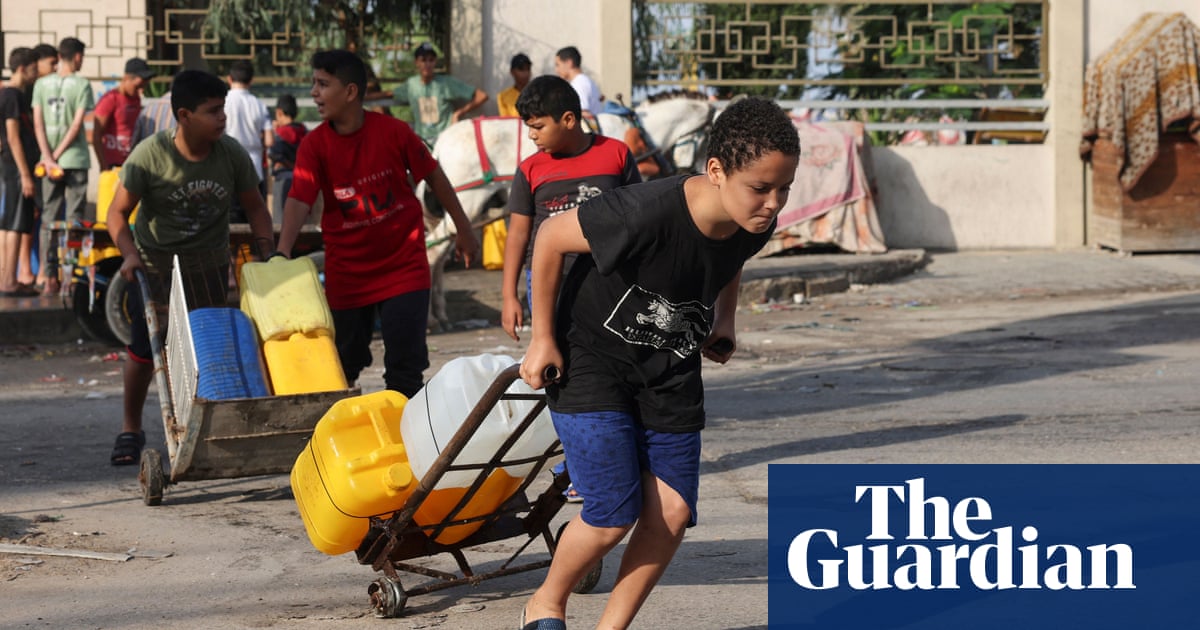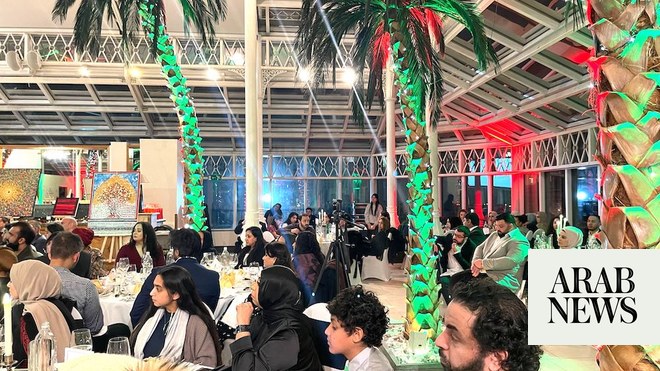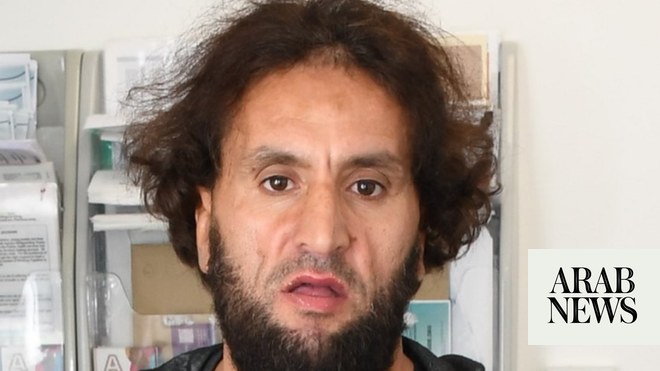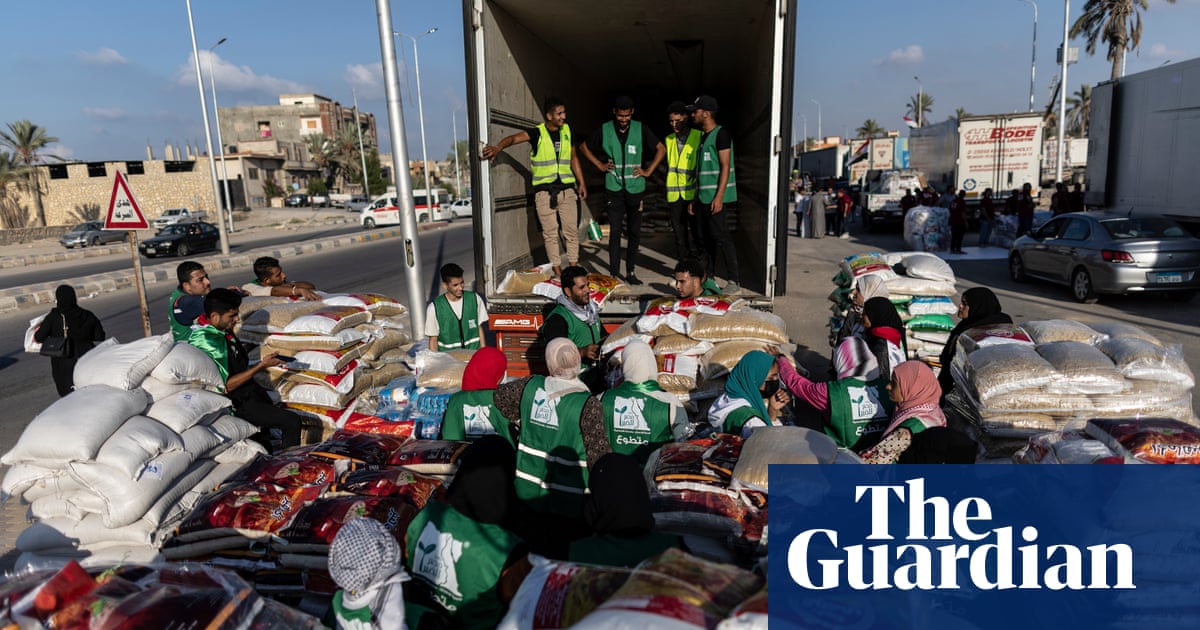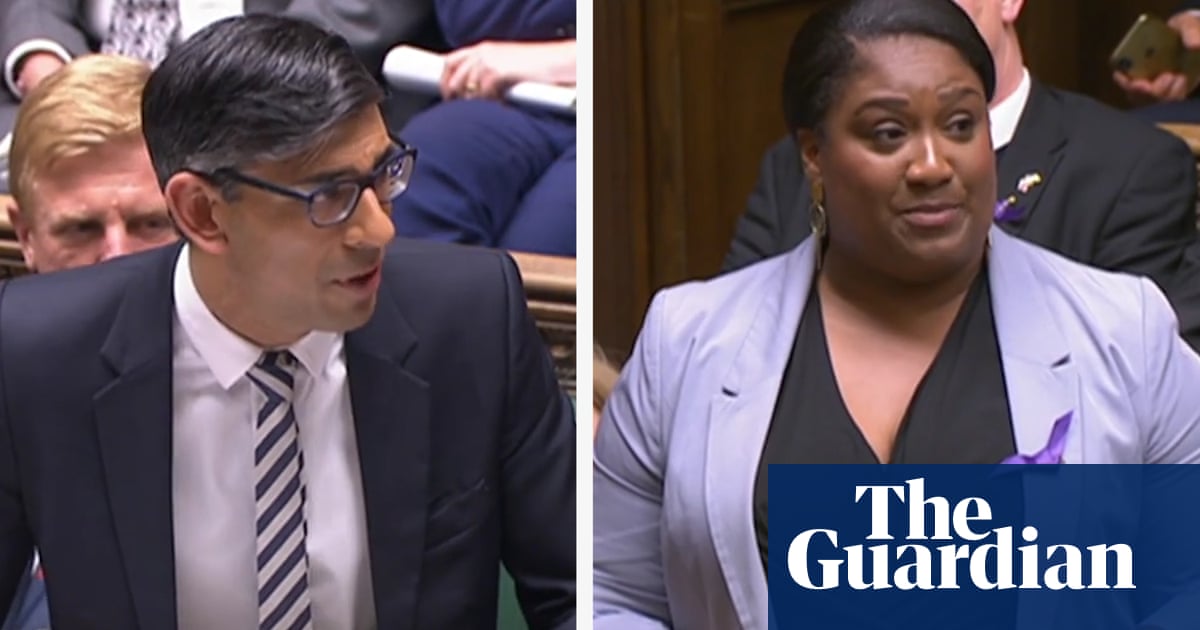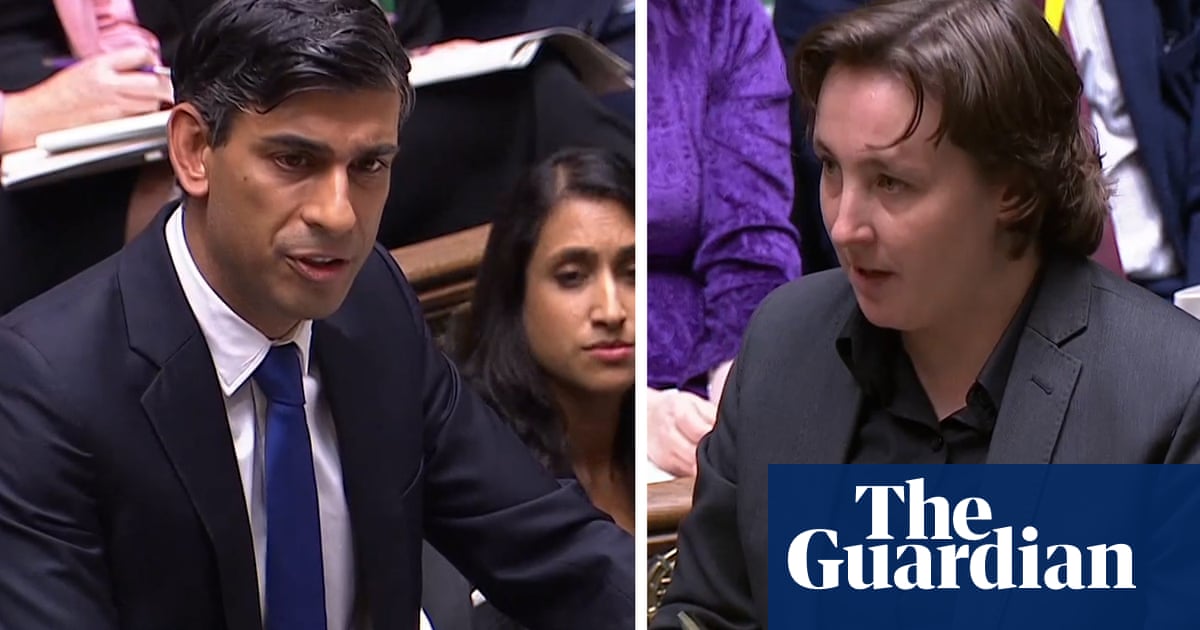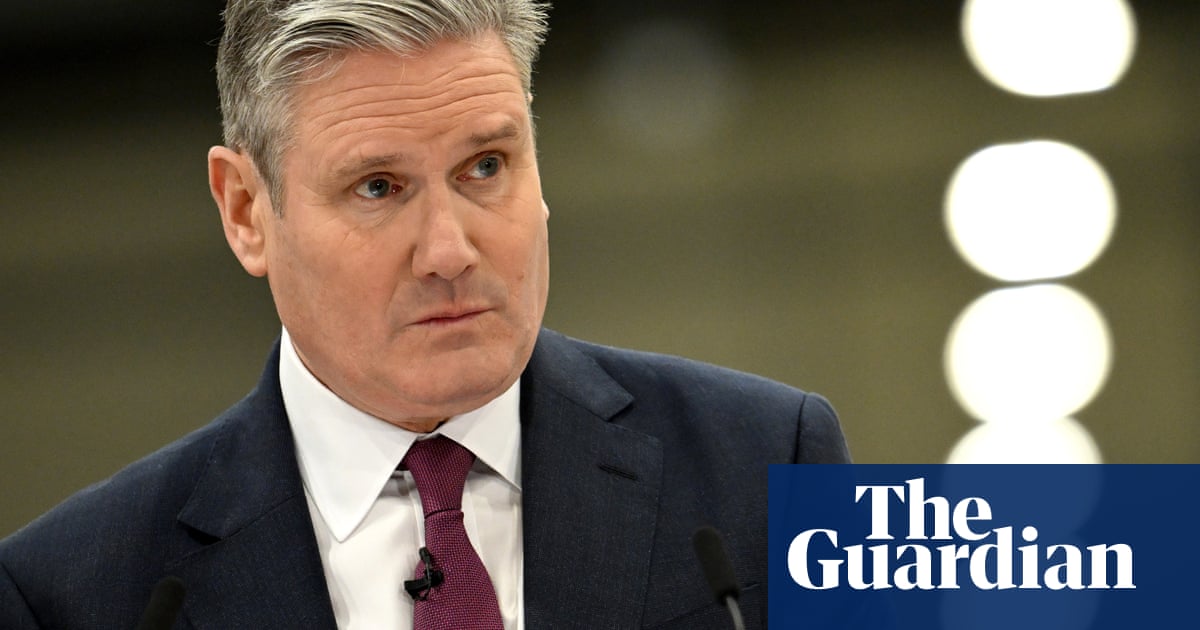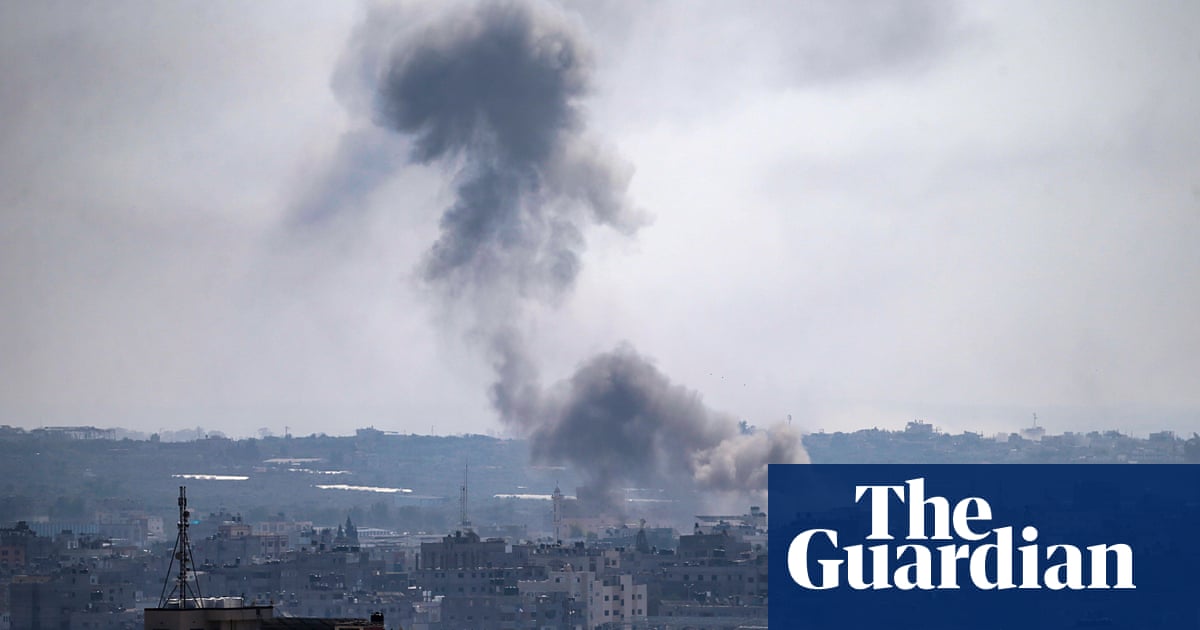
Relatives of British or dual nationals trapped in Gaza have expressed their outrage at the UK government for the delays in getting help to their family members, as No 10 said about 200 people had registered with UK authorities to say they were in the Palestinian territory.
A team of Border Force officials has been sent to Egypt to try to help them leave Gaza, while their families in the UK have called for faster action from the prime minister.
The 200 figure is only those who have made their presence known, Rishi Sunak’s official spokesperson said, adding that the government did not have an estimate for the total number of UK nationals who may be in Gaza.
“We obviously want to ensure that those British nationals that do want to leave can get out of Gaza. That’s something that we’ve been working on intensely over the past few days,” the spokesperson said.
That assistance involved speaking to the Israeli and Egyptian governments, as well as “to regional leaders who have influence in Gaza”, they added.
Sunak, answering media questions after a speech in London, said the Border Force officials had been sent to Egypt in the hope that a pause in fighting would allow the Rafah crossing between Egypt and Gaza to be opened, enabling people to leave.
Israel has allowed a small amount of aid to get through the crossing in recent days but has not opened it to people leaving Gaza into north-east Egypt.
Sunak said that for Britons to leave there needed to be a safer environment, which “of course necessitates specific pauses, which are distinct from a ceasefire”.
Oliver Dowden, the deputy prime minister, chaired a meeting of the government’s Cobra emergency committee on Thursday to discuss the situation, including the fate of the small number of Britons believed to be among the 220 or so hostages held by Hamas.
Sunak’s spokesperson said No 10 was “not aware of any British nationals killed or missing in Gaza currently” but he emphasised the perils they faced.
“We do believe there is an unfolding humanitarian crisis and it’s something we’ve said on a number of occasions,” the spokesperson said. “It’s why we have been working so intensely with allies in the region, and indeed why we supported a resolution which delivered on our priorities to protect civilians to release hostages to secure access for humanitarian aid along with supporting Israel’s right to self-defence.”
However, family members of those trapped in Gaza have criticised the lack of help from the government.
Basma Ghalayini, a dual national living in Manchester whose brother and father are in southern Gaza, said: “I’m absolutely disgusted at the moment by the British government, I’m disgusted by our prime minister.”
Ghalayini said her brother, Mohammed, 44, had travelled from Manchester to northern Gaza to visit their parents before the conflict between Israel and Hamas began. After Israel issued sweeping evacuation orders for residents in Gaza, he fled south with their father, Bahaa, 73.
She said that in Khan Younis her brother had to queue for five hours to charge his phone from a car battery and another nine hours for a loaf of bread. They slept in an office space with 18 other people and water was scarce. She added that her brother had contacted the British consulate but received no response.
For the past two weeks, Mo El-Deeb, 30, has been going to sleep in London unsure whether he will speak to his parents, Nalia and Talal, the following day. At 5am, he calls them in Nuseirat, Gaza, where they have been staying in a house with 15 other families, to check they have survived the night.
“I feel powerless,” he said, adding that he had exhausted every avenue, contacting the Foreign Office, MPs, Egyptian authorities, the Red Cross and even travel agencies to help his parents, who travelled to Gaza before the conflict started.
On three occasions, his parents had travelled to the Rafah border crossing after direction from the British consulate, El-Deeb said, but they were unable to leave. His father, a psychologist who works with Syrian refugees in London, told him on Wednesday: “There is no light at the end of the tunnel.”
On 12 October, the government announced repatriation flights for British and dual nationals and dependants from Israel in what El-Deeb called a “double standard” in UK policy. “Are they lesser as human beings is my question?” he asked. “It’s been two and a half weeks. What are they doing?”
He said the experience had left him without a sense of identity and belonging. “I thought that having a British passport meant something, I thought that they had a duty of care,” El-Deeb said.
Faras Abuwada, whose wife and their children, aged three to 11, are in Jabalia, accused the government of treating British citizens stuck in Gaza as second-class citizens.
“The government has acted negligent,” said Abuwada, a dual national in London who has lost 24 relatives since the conflict began.
He said he had contacted the Foreign Office every day to ask for assistance for his family, who were now living under bombardment without electricity, clean water, food or medication. On Thursday he was told he would be contacted as soon as the southern Rafah border crossing reopened.
“Their call was absolutely useless,” he said. “They have failed to protect their own British people in Gaza.”





